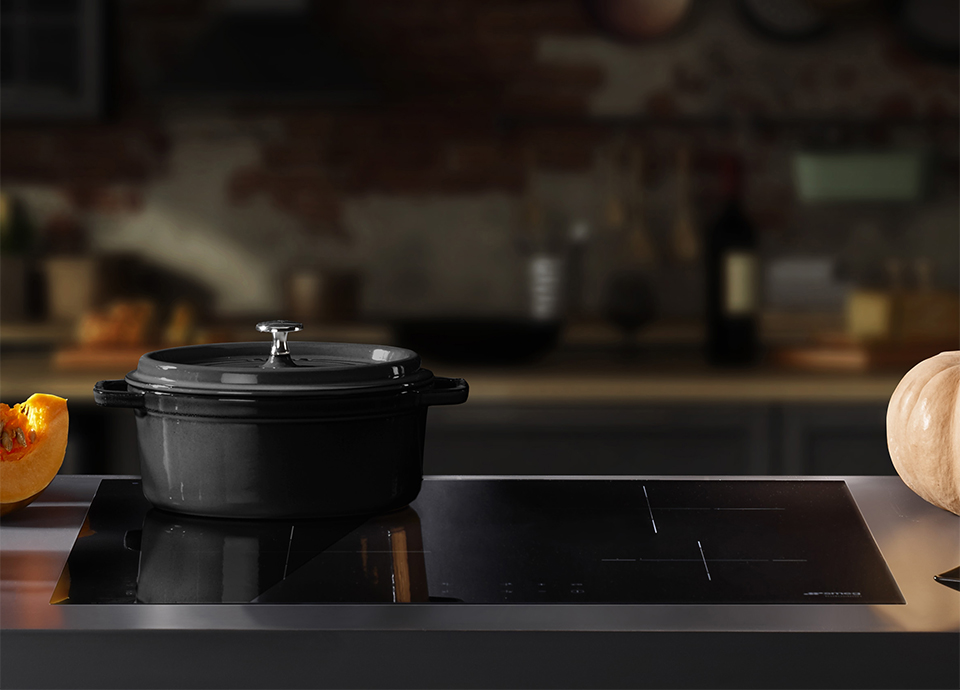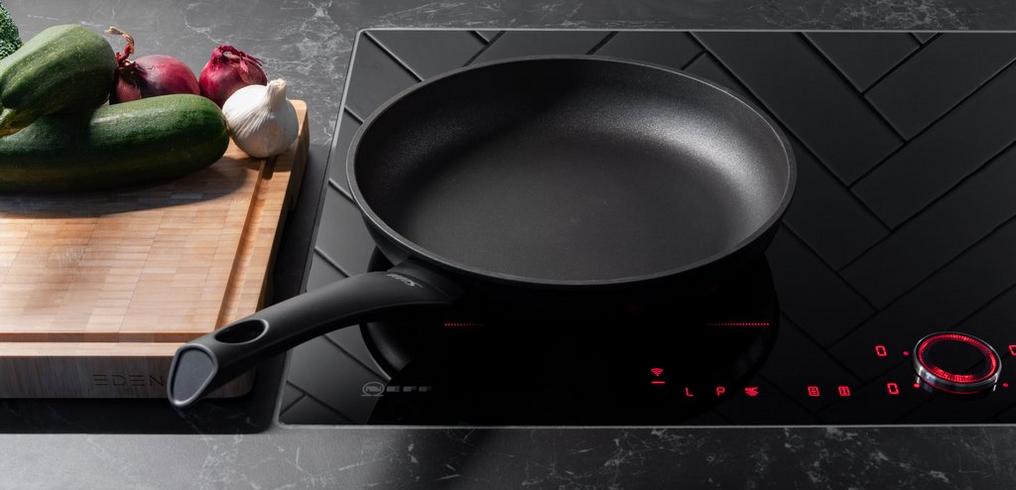Energy Usage of Cast Iron on Induction: What You Need to Know
Written By James Morgan
For barbecue enthusiasts who love both the smoky flavor of outdoor grilling and the precision of indoor cooking, understanding the energy usage of cast iron on induction cooktops is crucial. Cast iron has long been favored for its excellent heat retention and durability. When paired with the modern convenience of induction cooking, it offers a powerful combination for any culinary enthusiast.
Induction cooking is renowned for its efficiency and speed, making it a popular choice among home chefs. However, the question of how it impacts energy usage, particularly when using cast iron, remains a topic of interest. Let's delve into the dynamics of this energy-efficient pairing and explore why it matters to those passionate about cooking, especially barbecue aficionados.

Why Choose Cast Iron for Induction Cooking?
Cast iron pans have been a staple in kitchens for decades due to their unparalleled heat retention and ability to provide an even cooking surface. When used on an induction cooktop, the energy transfer is direct and swift, resulting in less energy consumption compared to traditional gas or electric stoves. This efficiency not only saves on utility bills but also aligns with sustainable cooking practices.
The Science Behind Induction and Cast Iron
Induction cooktops use electromagnetic fields to generate heat directly within the cookware. This method is not only faster but also more precise, as the cooktop itself remains cool, reducing heat loss to the surrounding environment. Cast iron, being ferromagnetic, is an ideal partner for induction cooking as it allows for rapid heat-up times and consistent cooking temperatures.
For those interested in the technicalities, this article provides a deeper understanding of how induction cooktops work and why they're compatible with cast iron.
Energy Efficiency: How Does It Compare?
When comparing energy usage, induction cooking with cast iron is significantly more efficient than traditional cooking methods. The precise control offered by induction means that less energy is wasted, and the cooking process is quicker. For barbecue enthusiasts who are used to longer cooking times, this can be a game-changer.
Practical Tips for Using Cast Iron on Induction
For optimal results when using cast iron on induction, ensure the bottom of the pan is flat and smooth to maximize contact with the cooktop. Additionally, be mindful of the pan's weight, as cast iron can be heavy and may scratch the glass surface of the induction cooktop if not handled carefully.
For more tips on caring for your cast iron post-induction use, check out this guide.
Induction Cooking and Barbecue: A Perfect Match
While outdoor grilling remains a favorite, the precision of induction cooking indoors can complement barbecue techniques. Whether it's searing a steak to perfection or simmering a sauce, the energy efficiency and control offered by induction cooking with cast iron make it an invaluable tool in any barbecue enthusiast's arsenal.
Exploring Various Cast Iron Options
Not all cast iron pans are created equal. Thickness, size, and coating can affect how they perform on an induction cooktop. For those who are looking to expand their collection, understanding the differences can enhance your cooking experience. For a detailed comparison, visit our article.
Additionally, if you're curious about how cast iron reacts to induction boost mode, this piece offers insightful information.
Conclusion
The synergy between cast iron and induction cooktops is undeniable. For barbecue enthusiasts seeking to enhance their indoor cooking experience while maintaining energy efficiency, this pairing offers the best of both worlds. With a deeper understanding of how these elements work together, you can enjoy delicious meals with confidence and sustainability in mind.

Frequently Asked Questions
1. Does using cast iron on induction affect the cooktop's surface?
While cast iron is safe for induction cooktops, it's essential to handle the cookware carefully to avoid scratching the glass surface. Opt for pans with smooth bottoms and lift rather than slide them across the cooktop.
2. Can induction cooking enhance the flavor of barbecued dishes?
While the flavor profile of barbecued dishes largely depends on the ingredients and techniques used, induction cooking offers precise temperature control, which can help achieve desired textures and doneness, enhancing the overall barbecue experience.
3. Are there specific induction cooktops recommended for cast iron?
Yes, some induction cooktops are better suited for heavy cookware like cast iron. For recommendations, check out our top picks for induction cooktops.



